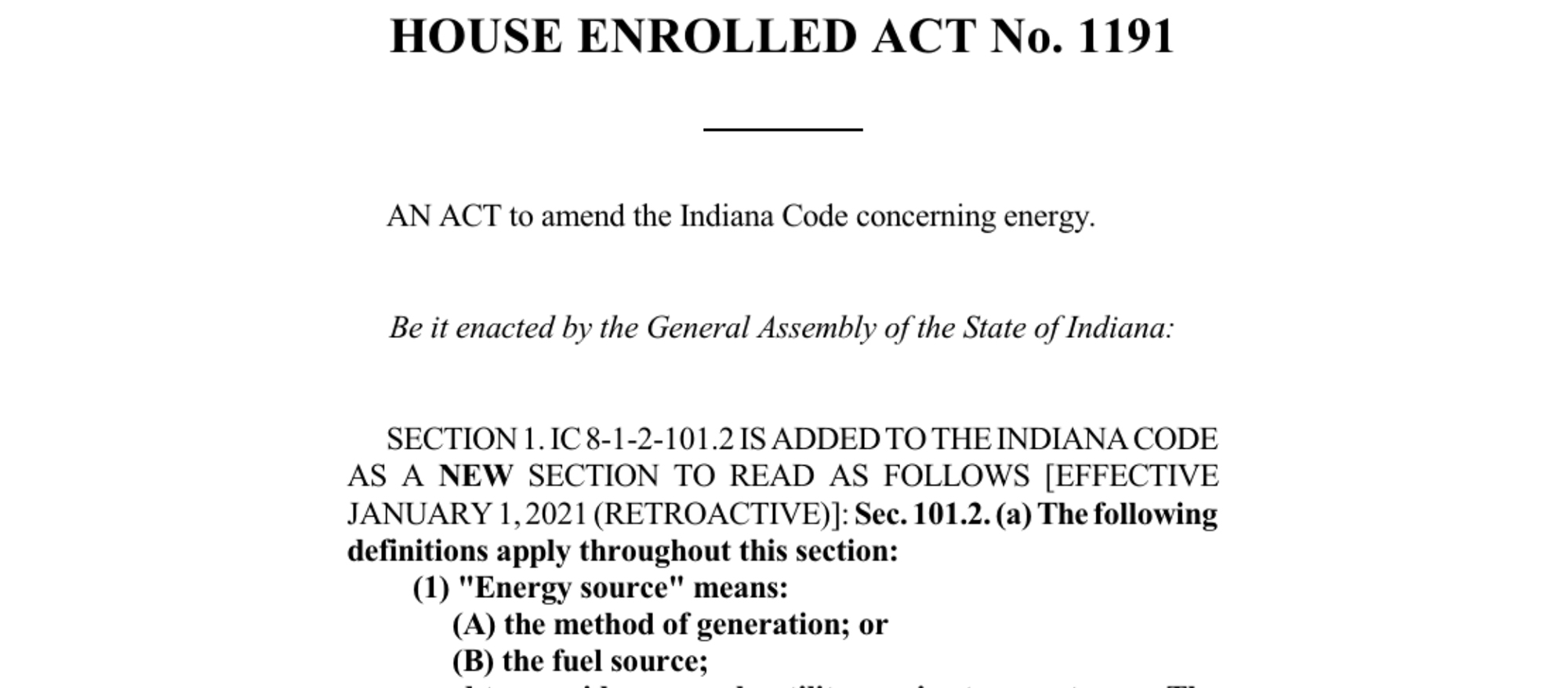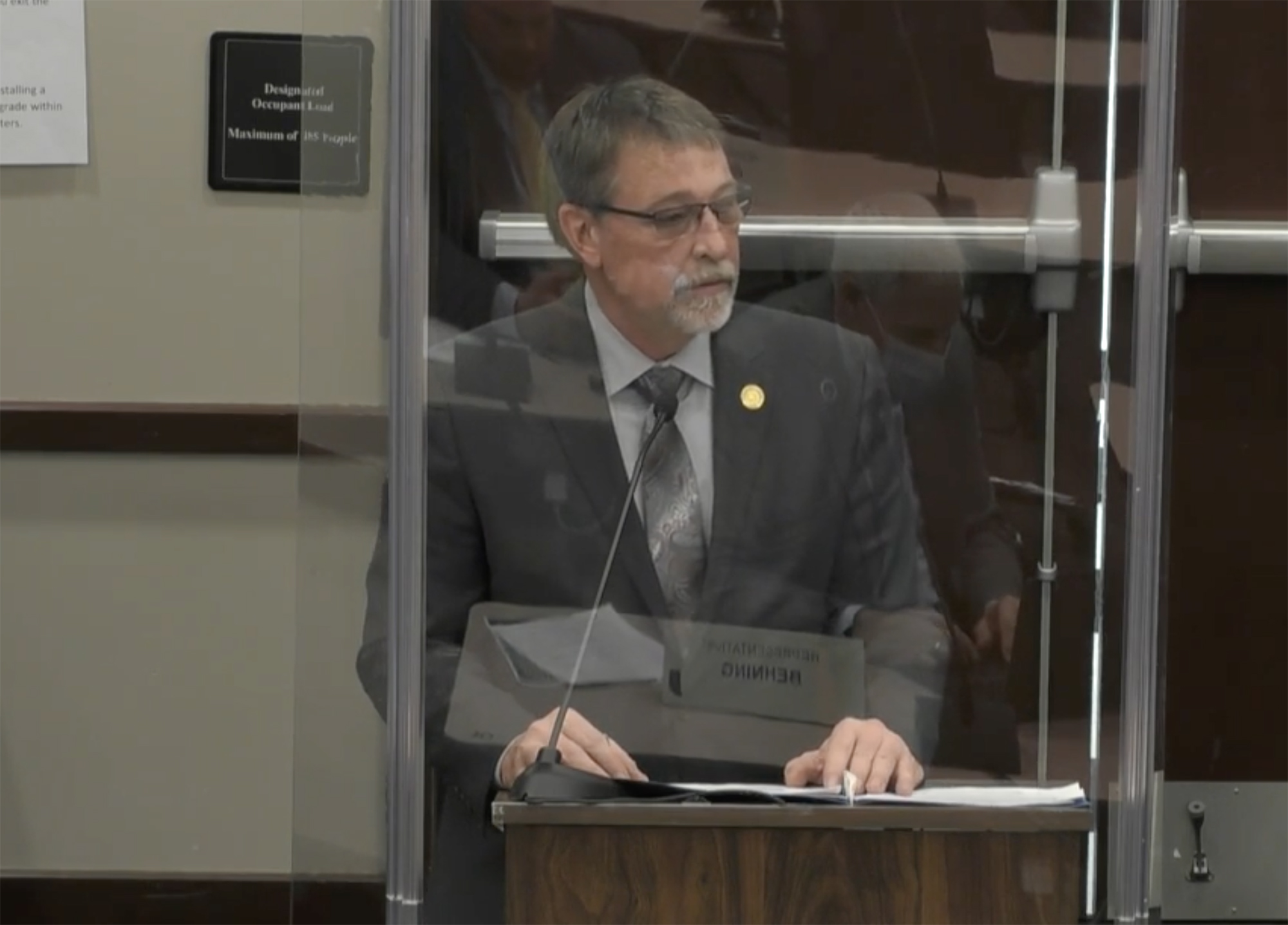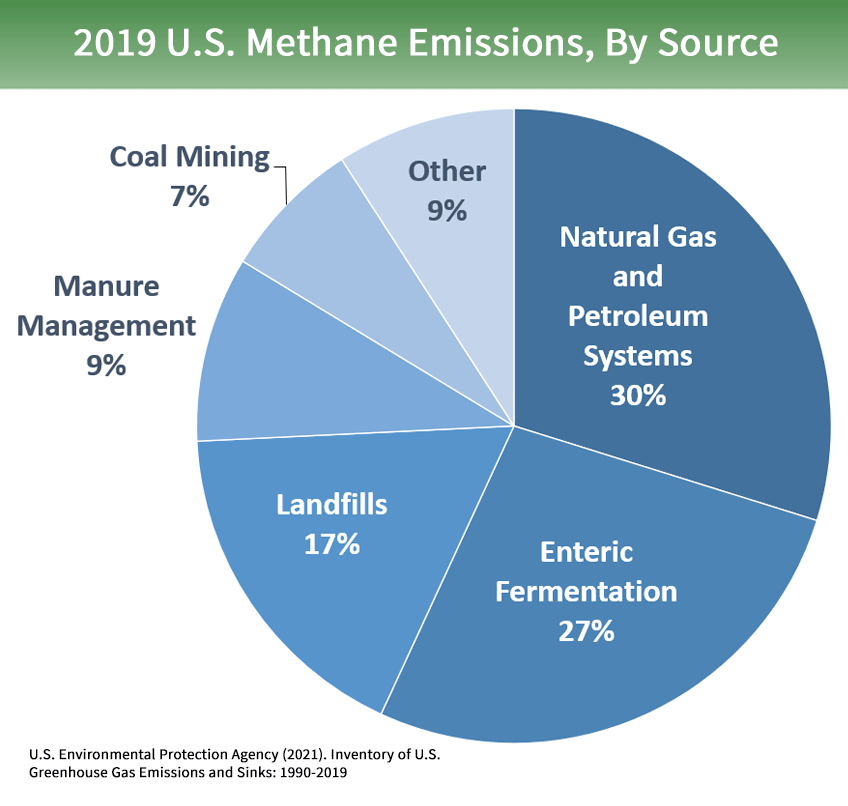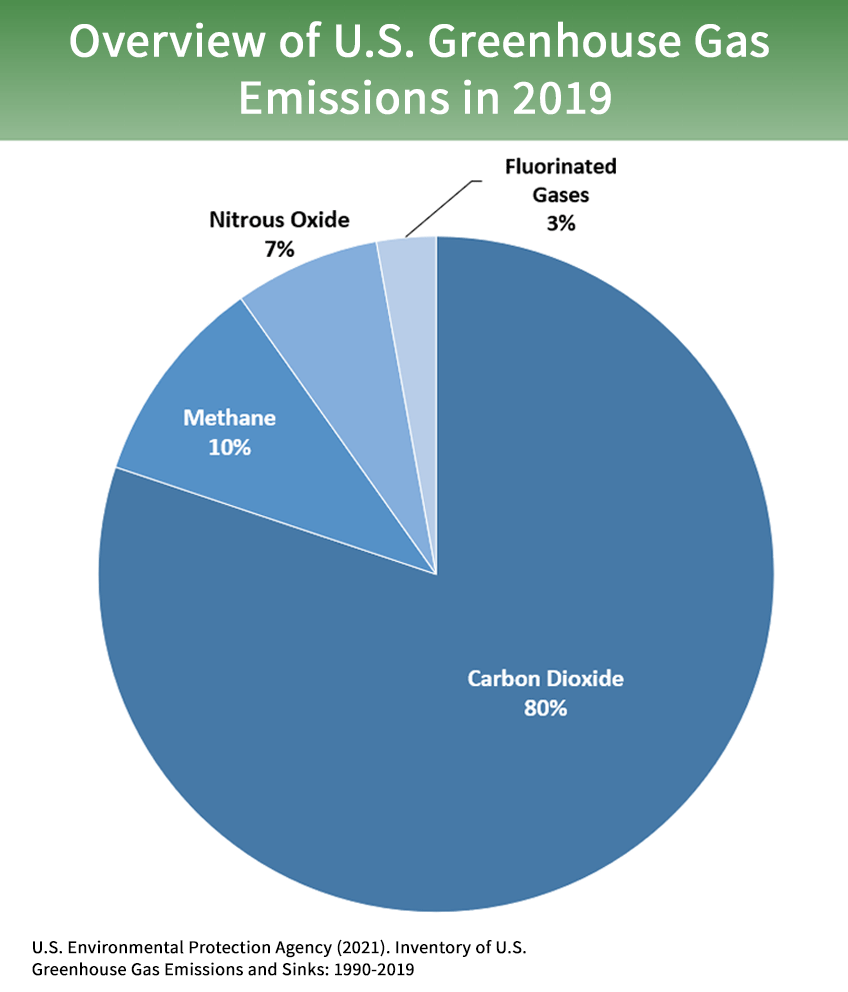Beginning July 1, local governments in Indiana will have much less power to enact regulations that would reduce their contributions to climate change.
Gov. Eric Holcomb signed into law House Bill 1191, authored by Rep. Jim Pressel and co-authored by the chair and vice chair of the House Utilities, Energy and Telecommunications Committee, Rep. Ed Soliday and Rep. Ethan Manning.
The law takes away the power of local governments to prevent the use of fossil fuels and to enact other energy-saving and energy-producing regulations.

Public Law 180, as HB 1191 is now legally known, prohibits local governments from enacting codes, ordinances or land use regulations that would stop utilities from selling, or customers from purchasing, liquid petroleum gas or other fuel based on the energy source.
The law also prohibits local governments from requiring existing buildings or other structures to have energy-saving or energy-producing components, designs or types of material, or to prohibit the same that does not meet a standard for energy saving.
Another facet of the law singles out natural gas for protection. Cities and towns are not allowed to ban or restrict the sale, installation or use of natural gas-powered home heating equipment, home appliances, grills, stoves and other products.
"This bill will hamper the plans of any Indiana cities that might have aspired, for economic development, talent attraction & retention, and/or quality of life reasons, to be at the national forefront of being an all-around environmentally sustainable city,” said Hoosier Environmental Council executive director Jesse Kharbanda.
The bill’s main author has said the bill was intended to prevent Hoosier communities from imposing restrictions on natural gas like cities in California and other states have done.
“I think it’s very unfair to our constituents, any of them, to take away any source of energy that is currently, during a pandemic, the cheapest and most affordable way to heat your house,” Pressel said in February. “So, do we want local units of government potentially, and I stress potentially, to take that away from them when things could be so bad for them now?”

Indiana does not produce a lot of natural gas, but it currently consumes a lot of the fossil fuel for electric generation.
Natural gas is the second most widely used energy source in the state, behind only coal. It has been on the rise since about 2009 and will most likely overtake coal as the premier source of fuel for powering the state in the near future.
Natural gas produces about half the amount of greenhouse gases coal does.

That has led to the energy source being branded as a “bridge fuel” that could help reduce emissions during the transition to renewable energy sources.
Despite the “clean” marketing, experts said natural gas is still a potent source of greenhouse gas emissions.
“There's nothing natural about natural gas. That was a term used to hide the fact that this is methane and sometimes propane,” said Gabriel Filippelli, executive director of Indiana University’s Environmental Resilience Institute. “Methane is super powerful greenhouse gas. So, if it's not burned, it actually goes in the atmosphere, and that’s even worse than carbon dioxide.”
Methane is the largest of the many different compounds that make up natural gas. It is at least 25 times more potent at trapping heat in the atmosphere than carbon dioxide.

Filippelli said the new law serves to protect natural gas interests.
“I think it really is a bad thing for the state,” said Filippelli, who also directs the Center for Urban Health at Indiana University Purdue University Indianapolis. “If you're a natural gas company, you want to have some protections for expensive infrastructure that you put in to do this for the long haul, but, in fact, your natural gas is also causing climate change. And there's really compelling reasons to get rid of it. It delays the really critical inevitability of switching over to renewable, non-climate-destructive energy sources.”
Environmental advocacy groups like the Hoosier Environmental Council said the new law could prevent Indiana, a state historically known for its toxic air pollution, from achieving its potential.
"Indiana has historically had the highest carbon footprint (per capita) in the Industrial Midwest, and the Industrial Midwest has historically had the highest carbon footprint in the U.S. It's therefore very counter-productive for Indiana to have just enacted HEA 1191, which would significantly impair the ability of Indiana's cities to seriously cut their community's carbon footprint,” said Jesse Kharbanda, executive director of the Hoosier Environmental Council. “We wonder if the backers of this bill really want to have a legacy of being the ones who brought a law into being that effectively discourages local governments (and the young people who have led the charge in influencing localities) from pursuing community-wide policy approaches when it comes to responding to climate change."
The law is supported by fossil fuel interests like CountryMark, which refines produces oil and ethanol products; the Indiana Energy Association, which represents several natural gas and electricity providers like CenterPoint Energy, Midwest Natural Gas Corp., NIPSCO and Indiana Michigan Power; and the Indiana Chamber of Commerce, whose members use, trade and invest in natural gas and other fossil fuels.
Construction and homebuilding interests the Indiana Manufacturer’s Association and the Indiana Builders Association also support the new law.
Pressel, who owns home construction company Pressel Enterprises, is a member of the Indiana Builders Association and serves on the association’s board of directors along with four other Indiana legislators, Rep. Dale Devon, Rep. Doug Miller, Sen. Linda Rogers and Rep. Heath VanNatter.
Rogers and VanNatter also serve as two of the three Indiana state chairs of the American Legislative Exchange Council, a nonprofit organization that joins state legislators with “experts” to draft legislation, which can include lobbyists.
The organization was also linked to the effort to question the validity of the 2020 Presidential Election in state legislatures.
At least 11 legislators, including Devon and Miller, have attended ALEC annual meetings as recently as 2019.
Critics of the bill have suspected the legislation was a product of ALEC’s “model policies,” boilerplate legislation that can be used in multiple states to pursue specific policy goals.
Legislation with language almost identical to HB 1191 has been introduced in Kansas, Missouri, West Virginia and several other states, giving credence to the belief that the push to limit any possible action to curb natural gas or other fossil fuels is a concerted effort by some vested interest, if not ALEC.
HB 1191 pursues ALEC’s energy goals while restricting local governments’ ability to pursue individual energy goals.
Further reinforcing the belief that ALEC influenced the legislation is the link between Pressel and several contributors to his 2020 campaign with links to the organization.
Several contributors from the fossil fuel industry have been linked to ALEC, including some companies represented by the Indiana Energy Association such as American Electric Power, parent company of Indiana Michigan Power; Duke Energy; and the Indiana Electric Cooperatives, a part of the National Rural Electric Cooperatives Association.
The Indiana Environmental Reporter asked ALEC whether HB 1191 was one of its model policies.
“This doesn’t sound like an ALEC model policy. Our model policy doesn’t pick winners and losers. Instead, it empowers markets to grow according to consumer demand,” responded Bill Meierling, ALEC chief marketing officer and executive vice president, external relations and strategic partnerships.
The Indiana Environmental Reporter also asked Rep. Jim Pressel, through a media representative, about the origins of the bill. Pressel has not yet responded.
Whatever the source of the legislation, it is now Indiana state law and will affect multiple facets of Hoosier life.
Organizations that help communities prepare for climate change impacts, like IU’s Environmental Resilience Institute, could face additional challenges when attempting to carry out their mission.
“It’s still early days, and it’s something we haven’t forecast all the way through,” said Filippelli.
ERI has several tools to help communities find out how climate change will impact them directly at the local level and what they can do to mitigate those impacts.
The Hoosier Resilience Index charts projected climate change impacts under several emissions scenarios. The projections show how temperatures and precipitation levels are expected to change over several decades.
The ERI Toolkit gives Hoosier communities access to strategies, funding opportunities and tools to act on those projected risks.
The Toolkit gives communities information on alternative and renewable energy sources, but, due to the new law, that function may not be in demand in the future.
Filippelli believes that communities will be limited in some climate change actions, but they should still try to find a way to enact positive climate initiatives.
He and Kharbanda said the bill could face litigation from communities in the future.